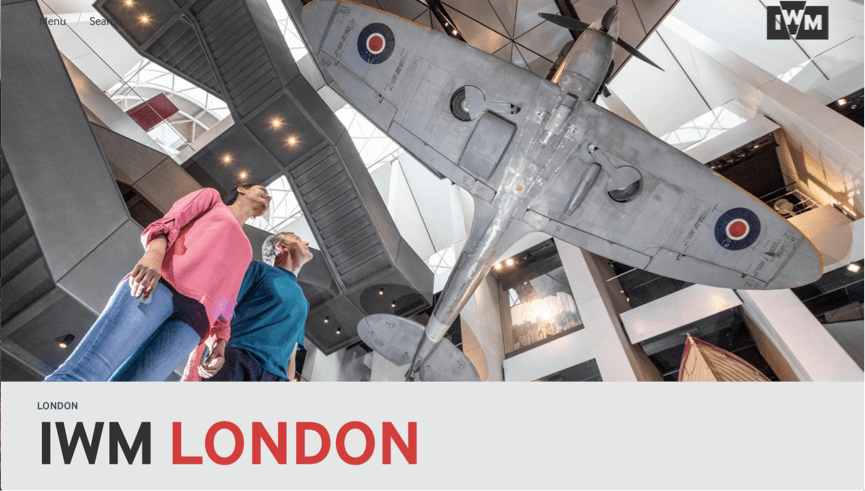Translation, Interpreting and the Charity Sector: responding to linguistic and cultural diversity in service provision


Greater Manchester’s linguistic and cultural diversity has grown significantly in the past decade creating multiple challenges for service delivery in the VCSE sector. These challenges, while felt on a daily basis in VCSE organisations, do not often receive systematic attention.
This GMCVO-University of Manchester joint event brings together representatives from VCSE organisations to share their experiences of delivering services to service users whose first language is not English and who may need language support. Speakers from a range of organisations will discuss the strategic challenges of managing multilingual service delivery, and introduce best practice for working effectively with spoken-language interpreters.
Participants will have the opportunity to:
– familiarise themselves with the development of professional spoken-language interpreting services in Britain
– hear presentations from representatives from the Boaz Trust, Victim Support and The Pankhurst Trust Incorporating Manchester Women’s Aid about their experiences in multi-lingual service delivery
– discuss their particular organisational needs and experiences
– share and learn about examples of best practice on working effectively through an interpreter
– reflect on the need for long-term planning with regard to language needs in light of organisational capacity and resources
This event is being held as part of the ARHC-funded Translating Asylum project at the University of Manchester: https://translatingasylum.com
Please note: Interpreters can be provided for participants at this event. If you need an interpreter, please request this on your event booking form.
When 27th February, 2020 9:00 AM to 12:45 PM
Location: GMCVO – St Thomas Centre
Ardwick Green North
Manchester, M12 6FZ
ContactPhone: 0161 277 1041
Email: tori.heap@gmcvo.org.uk
To Register, please go to: https://www.gmcvo.org.uk/civicrm/event/info?reset=1&id=2676
IWM 2020 Season – Refugees: Forced to Flee
Imperial War Museums has announced their 2020 season Refugees. The season will take place across IWM London and IWM North and will include two major exhibitions, an artistic commission and a series of immersive events at IWM London and beyond the museum walls in Manchester.
An element of this season will be a major exhibition at IWM London: Refugees: Forced to Flee. Created in partnership with the Arts and Humanities Research Council and Economic and Social Research Council, the exhibition will feature will explore how and why conflict has forced people to leave their homes and seek to build new lives elsewhere.
The Translating Asylum project will be represented at the exhibition to support public understanding of the role of translators and interpreters in displacement.
Find out more about the season and IWM’s partnership with the Arts and Humanities Research Council (AHRC) and the Economic and Social Research Council (ESRC) (part of UK Research and Innovation) at iwm.org.uk

Conference Presentation
Dr Annabelle Wilkins and Dr Rebecca Tipton will be presenting at the Social History Society conference, University of Lincoln, 10-12 June.
Abstract
Social History Society Annual Conference 2019
Social Action, Social Justice & Humanitarianism strand
Translating humanitarianism: the forgotten role of language in humanitarian action
Abstract
Recent scholarship has aimed to raise the profile of languages and cultural knowledge in the policies and practices of humanitarian organisations. These studies have reimagined spaces of aid as intercultural fields constituted by multiple actors in differing positions of power (Footitt 2017; Tesseur 2018). Studies of language provision in humanitarian action raise broader questions regarding the relationships between citizens, migrants, the interpreting profession and the state (Tipton 2017). Humanitarian emergencies such as mass population displacement bring these issues into sharp relief. Scholarship on intercultural communication in contexts of refugee reception has shown that interpreting and translation are often provided on an ad hoc basis by non-professional actors, resulting in problematic consequences for refugees (Tipton 2018).
This paper explores language as social practice and its evolving relationship to humanitarianism and social justice in twentieth century Britain. We examine the often neglected role of language support provisions in humanitarian activities, challenging the perception that such activities have been a largely monolingual endeavour. Drawing on concepts of translation and language policy (González Núñez 2016; Spolsky 2007), and linguistic hospitality (Ricoeur 2006), we discuss evolving attitudes to language and language support policies in the transition from crisis response towards social welfare. Our discussion is supported by archival research on the arrival of Hungarian refugees in the 1950s and Vietnamese refugees in the 1970s and 80s. Our aim is to assess whether existing conceptualisations of language provision in humanitarian action accurately reflect the complexities of communication in these contested encounters.
References
Footitt, H. (2017) International aid and development: hearing multilingualism, learning from intercultural encounters in the history of OxfamGB. Language and Intercultural Communication, 17(4): 518-533.
González Núñez, G. (2016)Translating in linguistically diverse societies. Translation policy in the United Kingdom. Amsterdam and Philadelphia: John Benjamins.
Ricoeur, P. (2006). On translation (E. Brennan, Trans.). London: Routledge.
Spolsky, B. (2007) Towards a Theory of Language Policy. Working Papers in Educational Linguistics 22(1): 1–14.
Tesseur, W. (2018) Researching translation and interpreting in Non-Governmental Organisations. Translation Spaces 7(1): 1-19.
Tipton. R. (2017) Contracts and capabilities: public service interpreting and third sector domestic violence services. The Translator 23(2): 237-254.
Tipton, R. (2018) Interpreters as technologies of care and control? Language support for refugees in Britain following the 1956 Hungarian uprising. Interpreting 20(2): 259-284.
